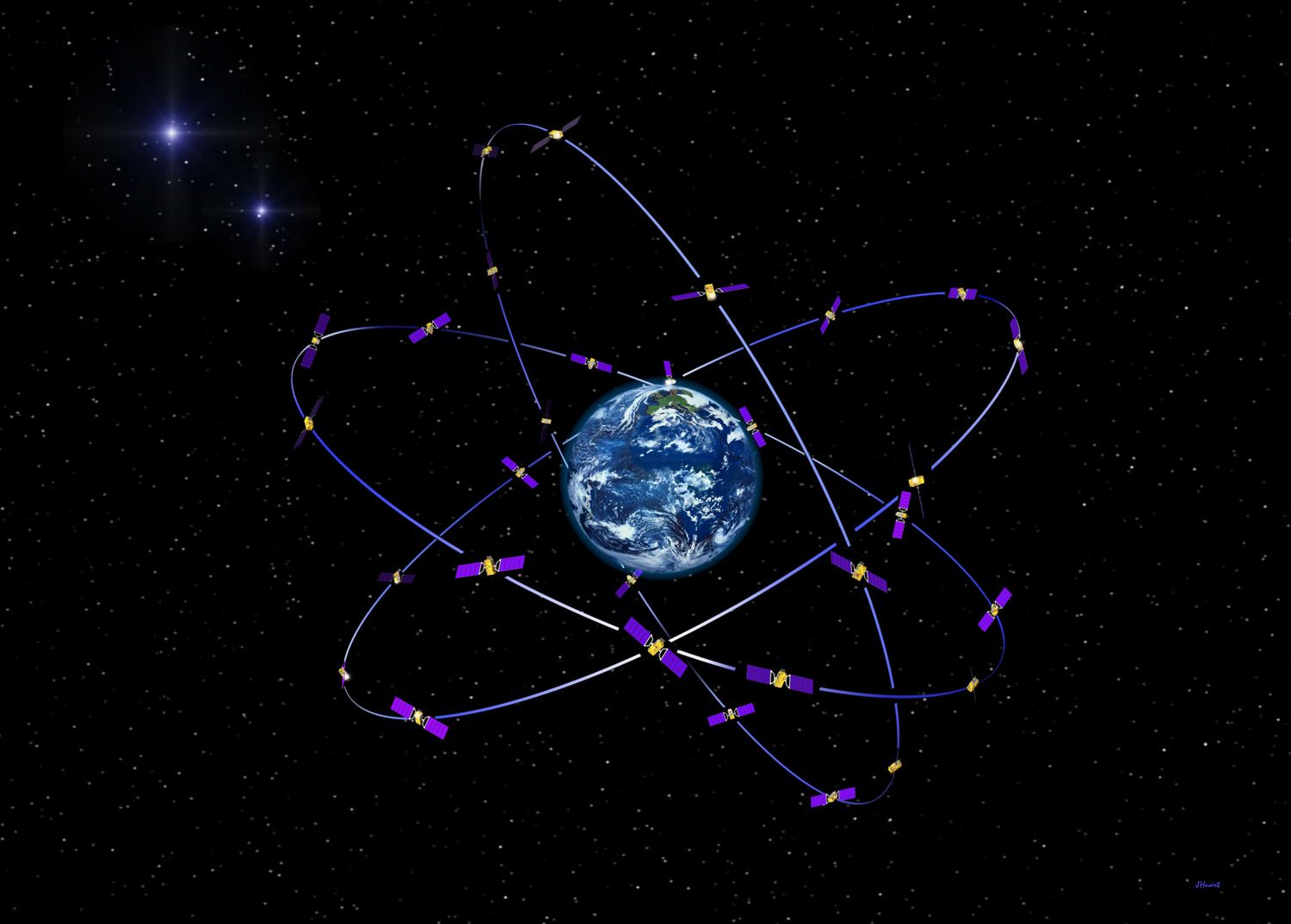 March, the 5 th 2024, the last two satellites launched during the 12th launch of Galileo the 28 th, were officially integrated into the Galileo constellation, thus ensuring the sustainability of all services in orbit.
March, the 5 th 2024, the last two satellites launched during the 12th launch of Galileo the 28 th, were officially integrated into the Galileo constellation, thus ensuring the sustainability of all services in orbit.
Now Galileo has 25 operational satellites out of 30 satellites placed in orbit. 5 satellites being currently considered unusable for some or unavailable for others (¹). Read more …
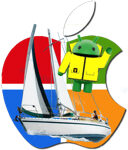

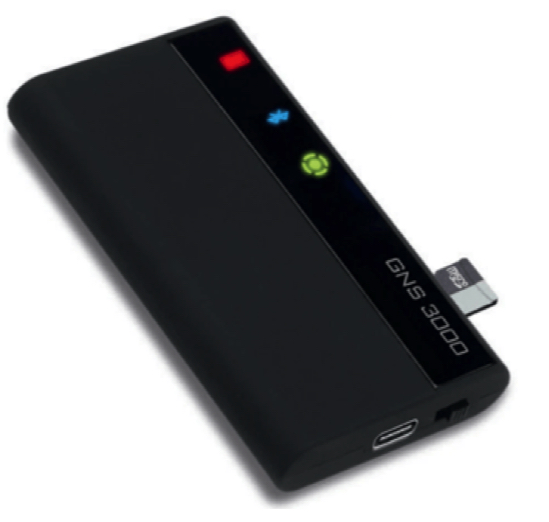
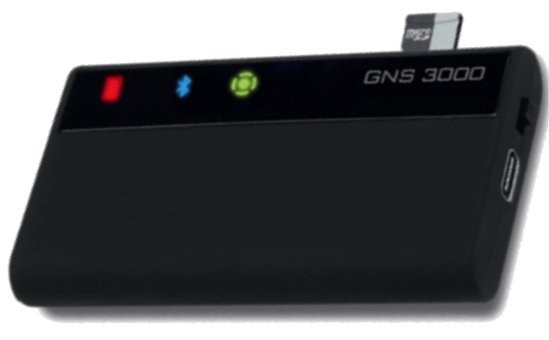
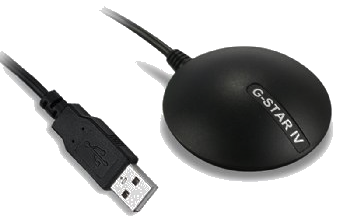 The arrival of Macs with Apple M1 processors and macOS systems 11 “Big Sur” and macOS 12 “Monterey” caused disappointment among GPS users connected via USB and/or Bluetooth for their navigation applications.
The arrival of Macs with Apple M1 processors and macOS systems 11 “Big Sur” and macOS 12 “Monterey” caused disappointment among GPS users connected via USB and/or Bluetooth for their navigation applications.